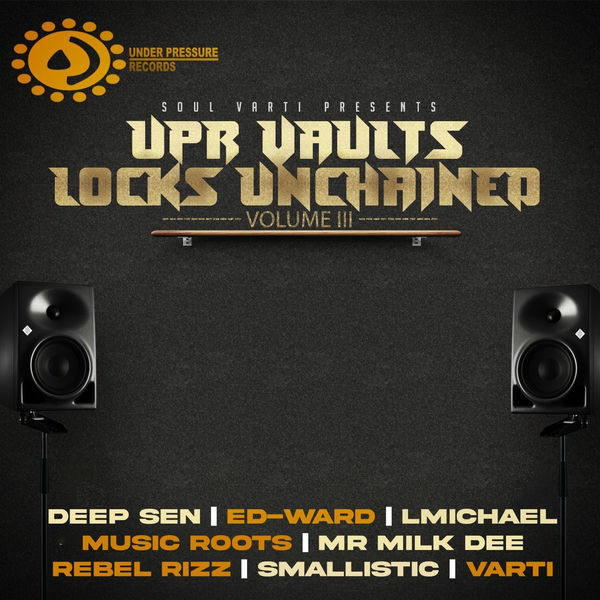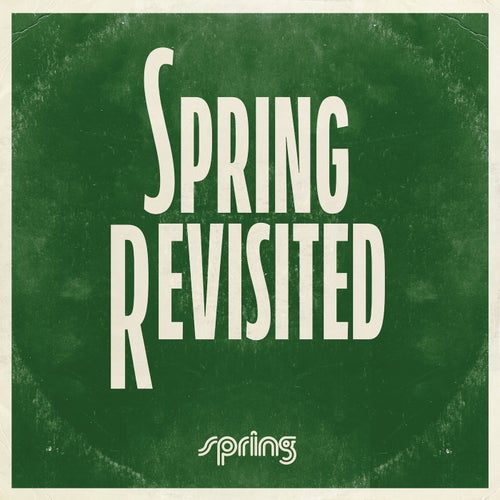If the likes of Black Midi, Black Country, New Road, and Squid represent the apex of alternative British music from a left-field angle, then Hotel Lux stands in for the likes of the Kooks. Their promotional single in 2017 “The Last Hangman” received acclaim for its gruelling commentary on what it’s like to be Albert Pierrepoint, the last executioner in the country. The follow-up later in 2023 with their debut album Hands Across the Creek was released with modest praises from both the press and the fans who deemed it to be a solid start of the band’s bubbling identity.
The Bitter Cup is made as a clear evolution and it’s taken after a song by Billy Childish to which the band covers for this album. Much like what The Worm is to HMLTD, the sophomore record is supposed to mark the artistry of the band at its most expansive. It has a core concept that rests on the struggles of the lower classes and the neglected in England. An intro like “Encore” kickstarts it off with a depiction of inter-generational division by contrasting the sense of nihilism in the middle, marked by a minor key with its piano, with the optimism felt through the accordion and the uptempo pacing from the singing.
Other tracks like the rockabilly-like “The Fear” or the folksy “Hand of Mine” further elaborates on such a theme like addiction or dying dreams under more twangy guitar playings. This in turn puts lyrical dissonance in the heart of Hotel Lux’s artistic intent to mirror Britain’s decline with a profound sense of denialism around it. This strength rewards further listens especially thanks to the effective chemistry in the instrumentation. There’s a sense that the band not only knew how important it is for the texture to build on the themes, but its simplicity would also call to mind skiffles or jangle pop back in the 1960s or the 1980s. This is found in “Joy” and “Costermonger” which deals with the gradual deterioration of several communities from gentrification, thereby highlighting the importance of lyrical dissonance.
It is thus when Hotel Lux sought to change their direction in the album in favour of moodier tracks, The Bitter Cup loses its footing. Without the more jovial or poppy instrumentation or production, the serious tone lacks the restrained intensity or the distinctiveness compared to their past breakthrough in “The Last Hangman”. For example, the previously mentioned cover of Billy Childish’s song is an exaggerated holler-and-stomp exercise which verges on the melodramatic in its description of dysfunctional families. “Another One Gone” deals with the male mental health crisis and while its more Gothic influence adds a respectful tone, it’s also one where the hollow mixing undermines the empathy that could be felt.
“Song for John Healy” is one major case study of the aforementioned flaw. It’s supposed to deal with the tale of a disillusioned man who, with his troubles with his family and social class, would soon venture down into a spiral of homelessness, destitution, and loneliness. It’s a depressing remark on the struggles faced by young men in Britain, but its slow pace and resigned vocals is too on the nose. It doesn’t have the same impact from its melancholic atmosphere when you compare it to Tracy Chapman’s beloved “Fast Cars” as key examples in social commentary.
At times, The Bitter Cup’s deviation towards downtempo and sad tunes on the reality of communal decline and dysfunction shows promise. “Evelyn” seemingly mourns the emptiness of the shipyards, once a notable strand of British culture, that are now industrial corpses to be remade into business parks. Its use of the accordion adds a tinge of funereality to the fact. The final track in “Nod (to the Retrospect)” closes the album in a more bittersweet manner in recognising that stories and memories are largely products of the past.
With the piano and the singalong-like chorus along with differing lead vocals, it compels us to at least move on to let go of regrets. Hotel Lux might not be able to reach the same highs as the Windmill’s best, but The Bitter Cup is at least a tear-stained love letter to Britain’s abandoned.

 1 week ago
5
1 week ago
5


















 English (US) ·
English (US) ·